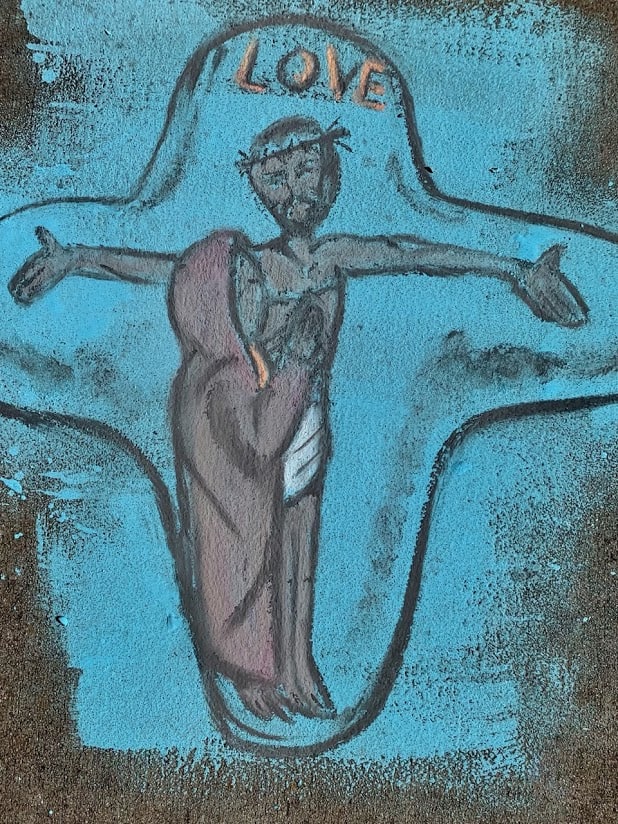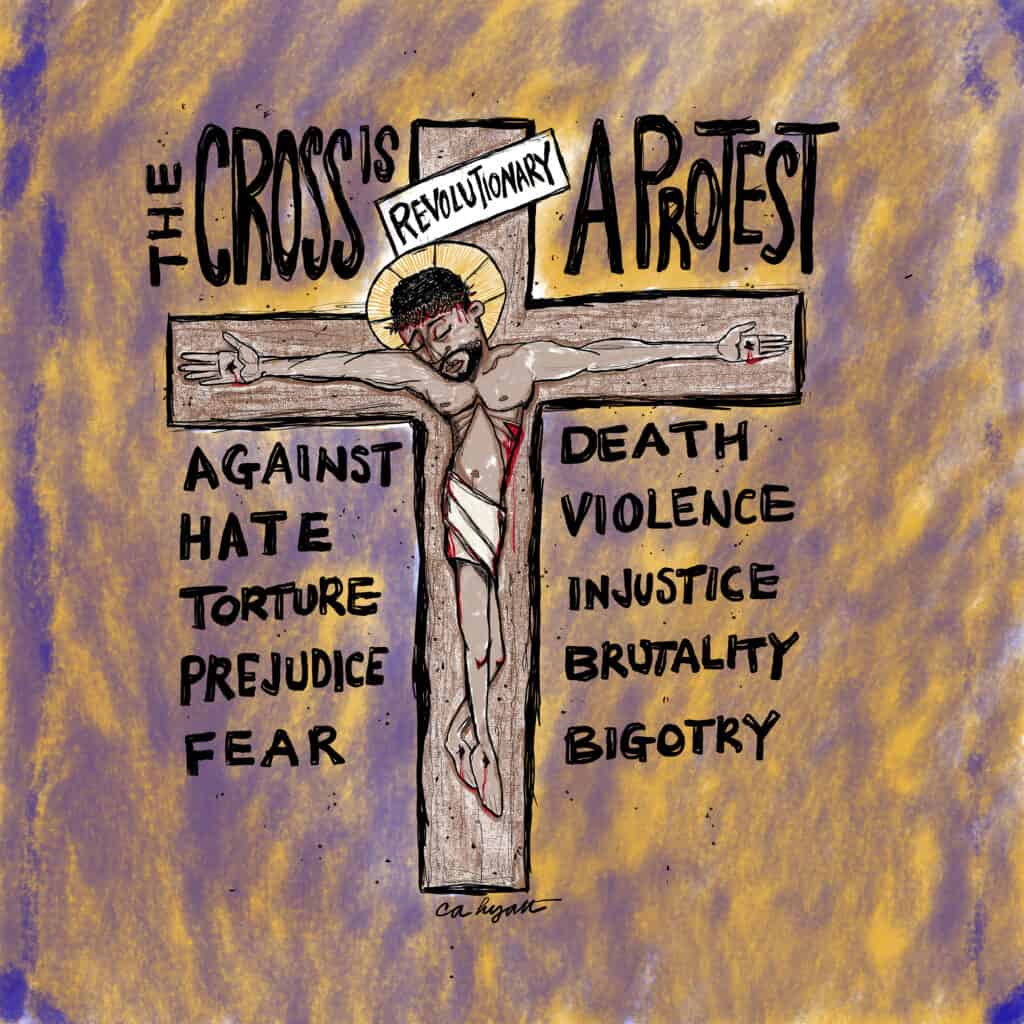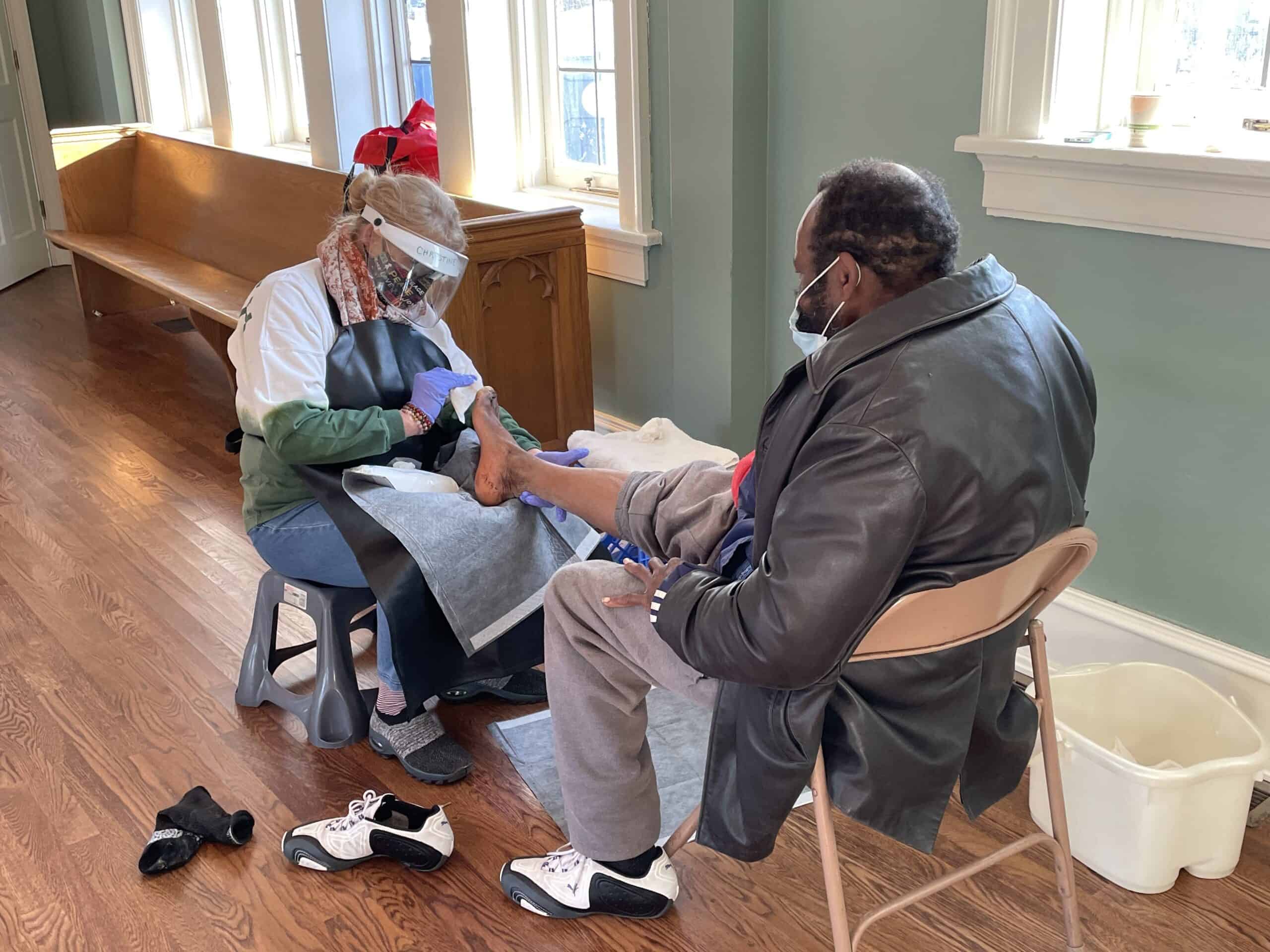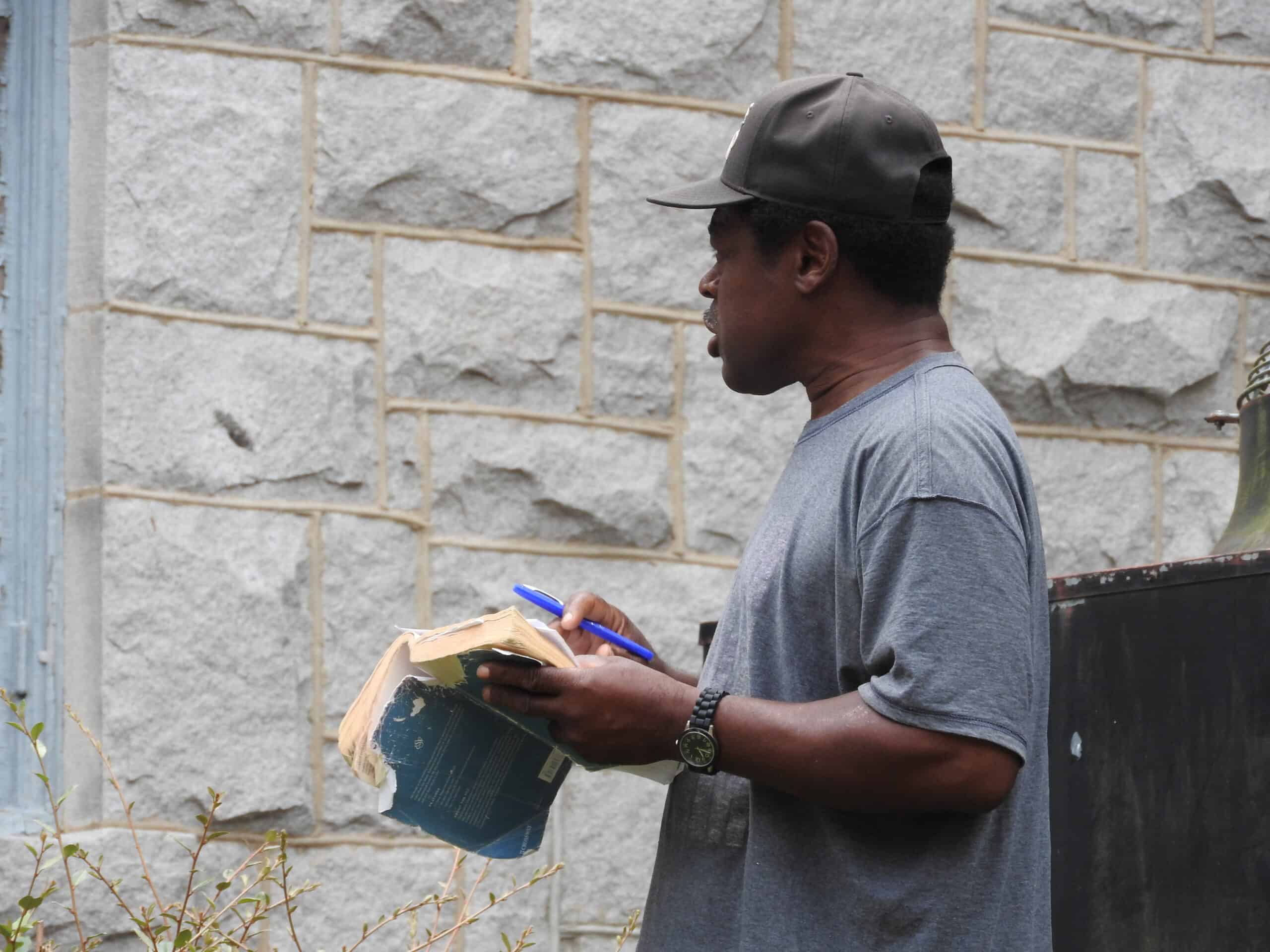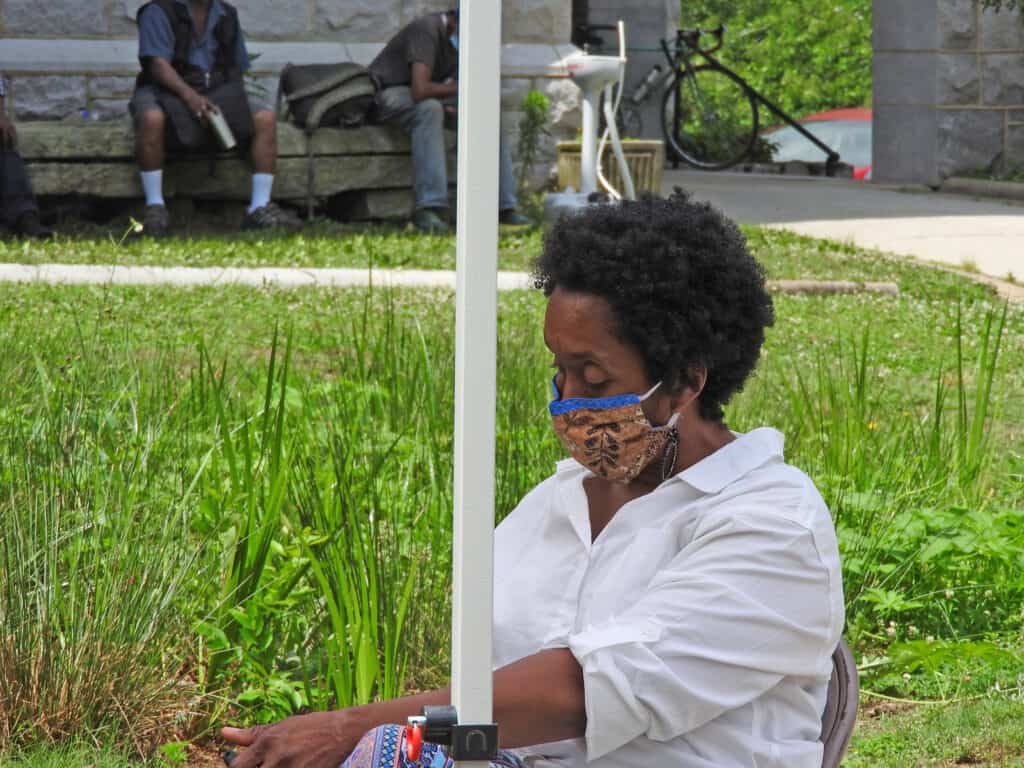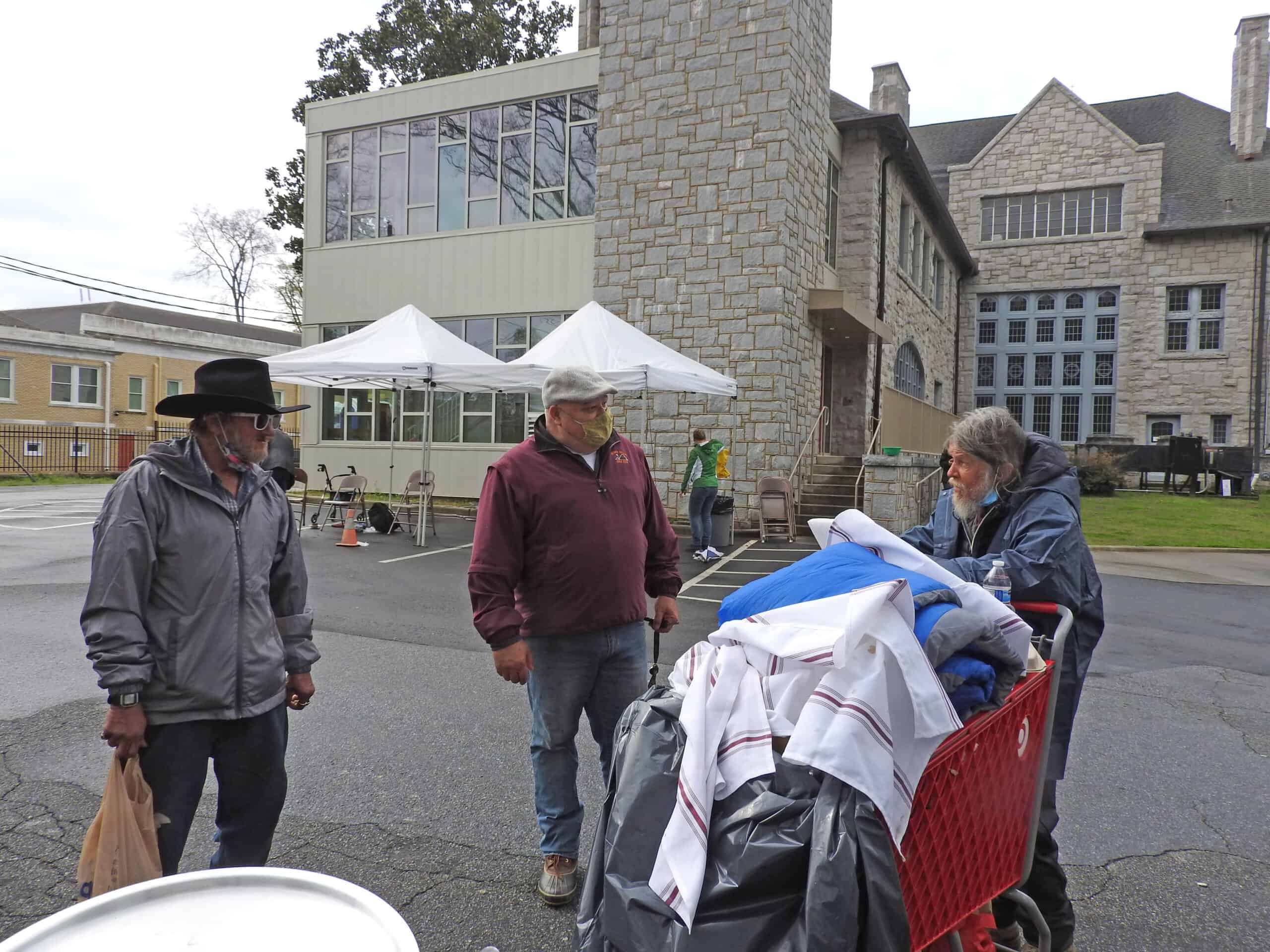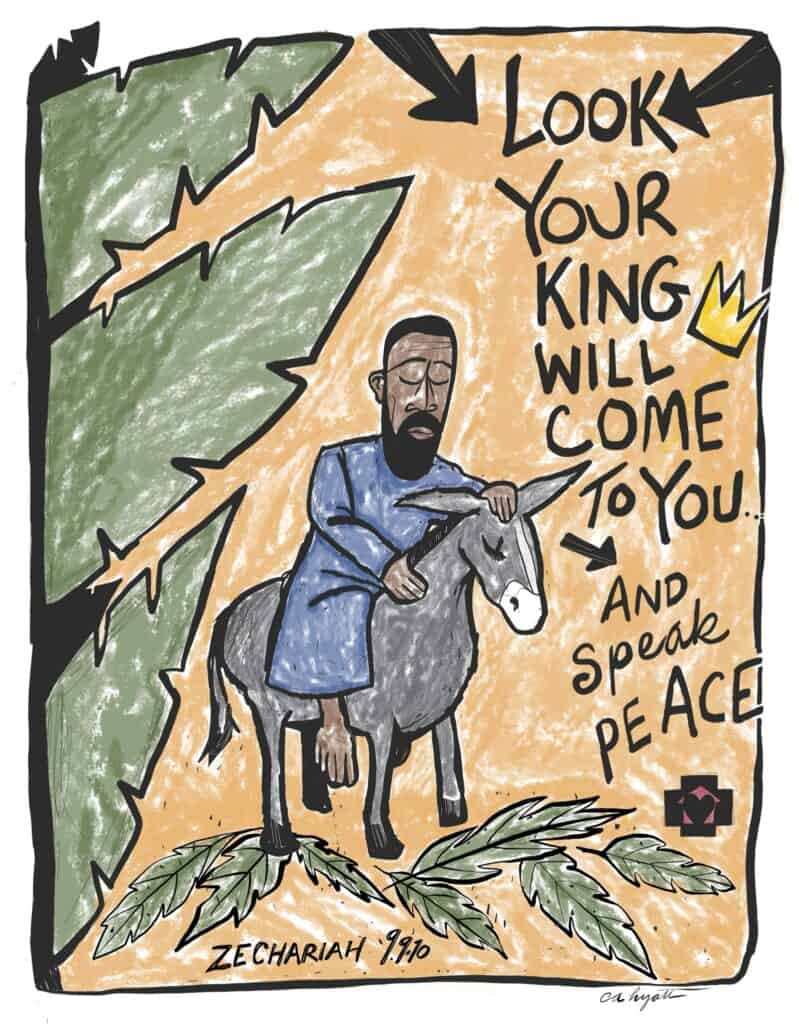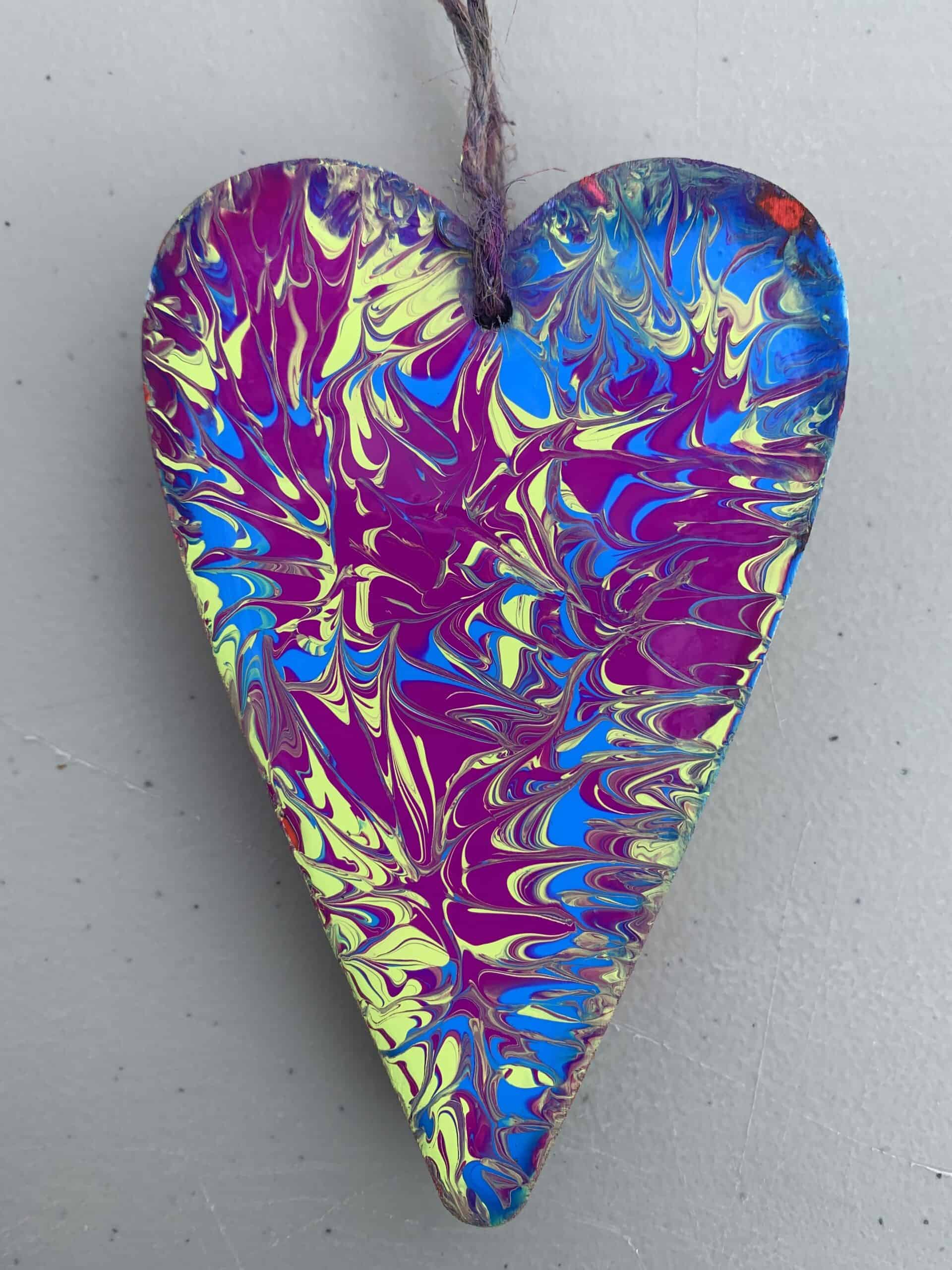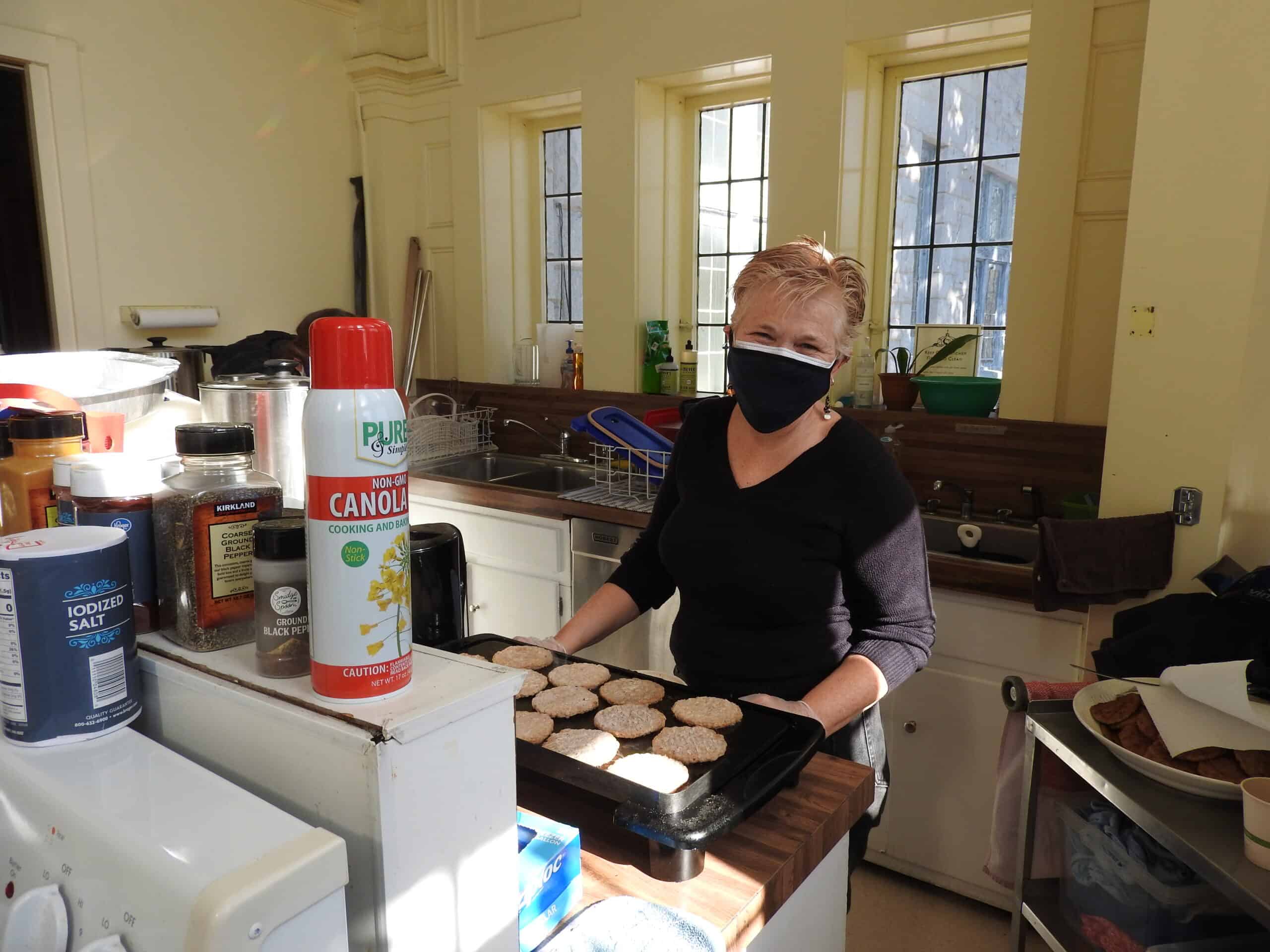Author: Brittany Fiscus-van Rossum
Reflection: v. 16 ‘Judah will be saved and Jerusalem will live in safety’
‘In those days Judah will be saved and Jerusalem will live in safety.’ I must confess that I have negative connotations with talk of ‘safety’ because this word is so often used as a weapon against my community. Our beloved church has many members who are poor. Some are without shelter and live on the streets and in the parks of our neighborhoods. Many of our members are people of color. Some of our members struggle with particular mental health concerns. By these standards many people that our community crosses paths with label our gatherings and worship services as ‘unsafe’ to have around. Our church is a ‘safety concern.’ Our joyful make-shift space of hospitality, comfort, creation, and care, this loving atmosphere where I bring my own four year old daughter to laugh and play and grow up, is labeled ‘unsafe’ merely because of who is gathered there. ‘It isn’t safe,’ our rich neighbors cry, as they hunker down in large warm homes. Such calls for ‘safety’ are often the thinly veiled threats of classism, racism, and privilege. For I ask you, who is not safe in this scenario? If the best place to sleep at night is under the awning of a church because it offers some protection from the rain, who is not safe? If the concrete on the backside of a church parking lot offers the most stability available to you at the time, who is not safe? If you sleep in a park and are constantly harassed by law enforcement and over-eager vigilantes, who is not safe? This Advent season I pray for the God who brings justice and I pray that my community members may live in the safety that the people of God deserve.
Prayer God who cares for us, guide us to make safe spaces for one another instead of fearing our neighbor.

